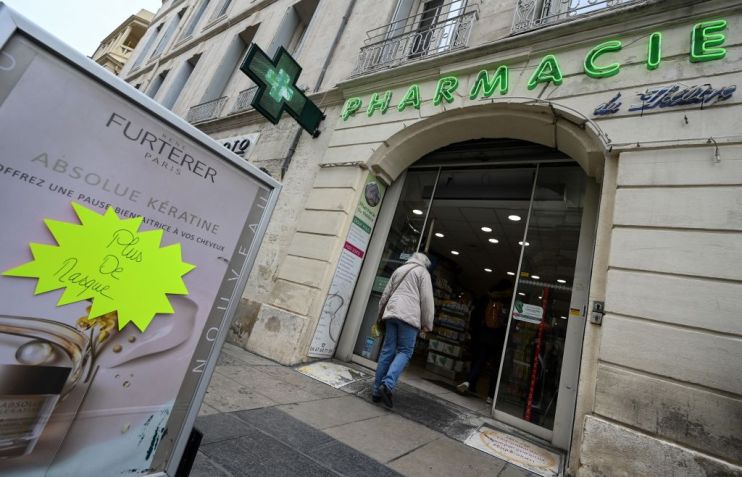Eurozone PMI: Growth hits six-month high but coronavirus casts a shadow

Growth in the Eurozone’s private sector hit a six-month high in February, but the possibility of further disruption from the ongoing coronavirus outbreak loomed.
IHS Markit’s composite Eurozone purchasing managers’ index (PMI) for February came in at 51.6, unchanged from an earlier flash reading. Any figure above 50 signals growth, while one under 50 indicates a contraction.
Growth across the region was supported by a firmer increase in service sector activity, alongside a weaker fall in manufacturing production.
“The eurozone economy showed resilience to disruptions arising from the coronavirus outbreak in February, but dig deeper into the data and there are signs that problems lie ahead,” said Chris Williamson, IHS Markit’s chief business economist.
Exports of goods and services are now falling at a faster rate due to coronavirus-related falls in demand, Williamson added. An increasing number of businesses in the service sector are reporting lost business, in areas from hotels and tourism to financial services.
“Business expectations have also dropped lower, largely in response to the growing virus threat,” said Williamson.
Overall, activity in the Eurozone’s services sector improved to 52.6 during February, up from 52.5 the month before.
All nations reported some expansion during February, with Ireland reporting the strongest growth with a reading of 56.7 — a 17-month high.
Elsewhere, growth in the French services sector accelerated to a four-month high, raising hopes the economy returned to growth in the first quarter, after contracting in the final three months of 2019.
However IHS Markit economist Eliot Kerr warned that the spread of the coronavirus put French recovery “in severe jeopardy, with a further spread of the virus almost certain to disrupt both the manufacturing and service sectors”.
Growth in Germany’s services sector slowed to its slowest in three months in February, falling to 52.5 from 54.2 in January.
This slowdown was driven by a near-stalling in new business, with the epidemic pushed down new business with China, Germany’s biggest trading partner and the epicentre of the outbreak, and other foreign clients.